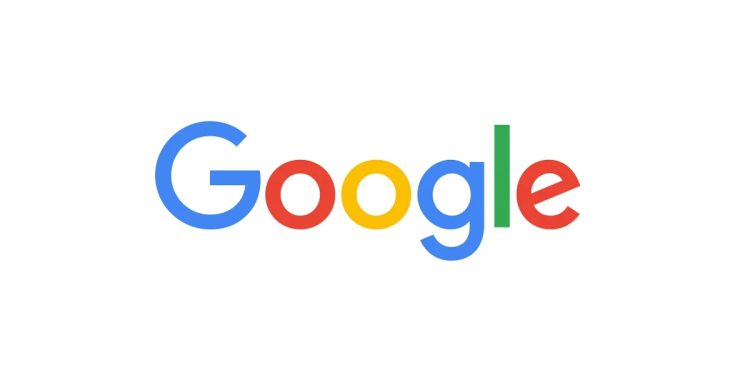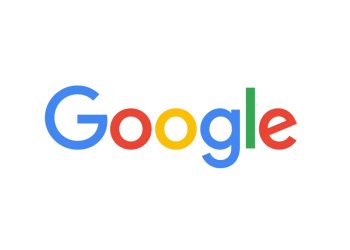The ongoing legal saga surrounding Google has taken another twist. A U.S. court has ruled the tech giant a monopoly for engaging in what they termed “anticompetitive acts.” This ruling follows a lawsuit filed by 17 plaintiffs who accused Google of stifling competition within the digital advertising marketplace. Despite being found guilty, Google is gearing up to appeal this verdict.
Judge Leonie Brinkema presided over this case at the U.S. District Court of Eastern Virginia. While Google successfully defended itself against claims related to specific advertising markets, it failed in the second part of the dual-pronged suit concerning how it promotes its products and services over others on platforms intended for fair competition.
U.S. court rules Google manipulated ad markets
The court’s 115-page document outlines the decision’s details, revealing that Google has been manipulating advertisement placements within its ecosystem and across other platforms that rely on user-customized ads.
“Google has violated Section 2 of the Sherman Act by willfully acquiring and maintaining monopoly power in the open-web display publisher ad server market and the open-web display ad exchange market, and has unlawfully tied its publisher ad server (DFP) and ad exchange (AdX) in violation of sections 1 and 2 of the Sherman Act,” states the ruling.
Related
The Sherman Act consists of antitrust laws that keep markets competitive and accessible for all participants seeking success within an open marketplace. Here’s a breakdown of Sections 1 and 2 cited in Google’s ruling:
- Section 1: Every contract or conspiracy that restrains trade or commerce is illegal.
- Section 2: Individuals who monopolize or attempt to monopolize any trade segment are deemed guilty.
“We won half of this case and we will appeal the other half. The Court found that our advertiser tools and our acquisitions, such as DoubleClick, don’t harm competition. We disagree with the Court’s decision regarding our publisher tools. Publishers have many options and they…
— News from Google (@NewsFromGoogle) April 17, 2025
The essence here is that Google improperly linked their proprietary ad tools with web advertising systems meant for unrestricted competition, potentially prioritizing their own ads over competitors who have duly paid for such placements, thus violating both sections referenced above.
If found liable following their appeal attempt, penalties could reach up to $100 million for violations of the Sherman Act, a substantial motivation behind Google’s decision to contest this ruling vigorously.
“We won half of this case, and we will appeal the other half,” said Lee-Anne Mulholland, VP of Regulatory Affairs at Google. “Publishers have many options and they choose Google because our ad tech tools are simple, affordable, and effective.”
“We won half of this case and we will appeal the other half. The Court found that our advertiser tools and our acquisitions, such as DoubleClick, don’t harm competition. We disagree with the Court’s decision regarding our publisher tools. Publishers have many options and they…
— News from Google (@NewsFromGoogle) April 17, 2025
If this appeal doesn’t succeed, further hearings will focus on potential remedies if liability is established and discuss penalties. This isn’t Google’s first rodeo; they’ve faced Epic Games regarding issues tied to Play Store monetization practices.
What do you think about this? Let us know in the comments below!


























